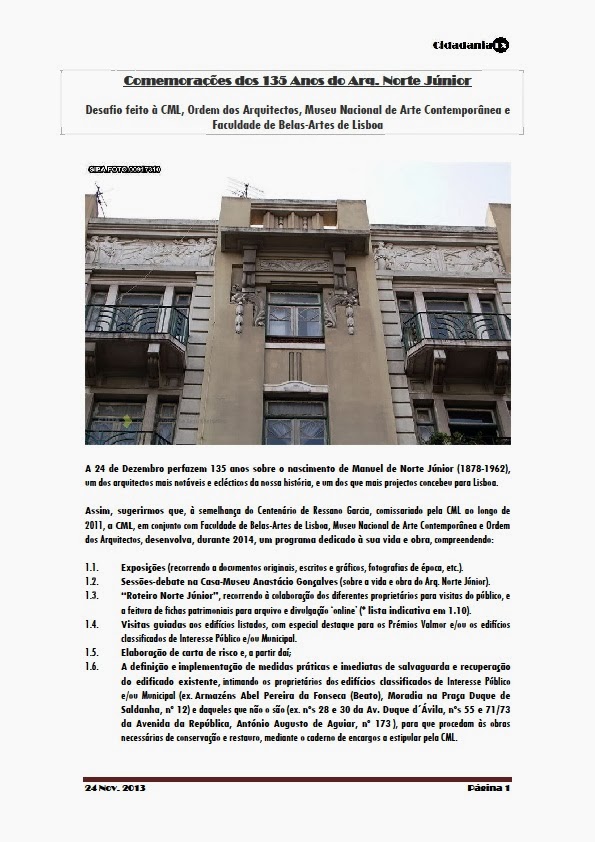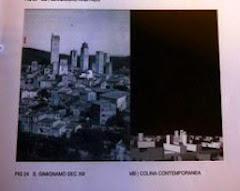 in Financial Times
in Financial TimesBy Peter Wise in Lisbon
Published: March 11 2011 18:20
Published: March 11 2011 18:20
They call themselves the geração à rasca, Portugal’s “desperate generation” – university graduates aged from 21 to 35 who are desperate to start a career, earn a steady wage and move out of their parents’ homes.
“The only work we can get is ‘work experience’, the only future we are offered is emigration,” says Inês Gregório, 29, an art history graduate who has worked in cafés for most of the six years since she left university.
Inspired partly by the youth uprisings in north Africa, Inês and tens of thousands of other dejected graduates are rebelling against their plight in an unexpected protest movement that has tapped into some of Portugal’s deepest social grievances.
Organised on Facebook, the social networking site, where the group has almost 50,000 followers, demonstrations are planned today in 10 cities, including Lisbon and Porto, in protest against what its manifesto calls the “wasted aspirations of a whole generation”.
As the Lisbon government ratchets up austerity measures, with a further tough package announced on Friday, the irreverent protest movement has touched a nerve in a country facing its second recession in three years, gathering a surprising momentum and dominating public debate. (...)
The movement began to take shape early this year through a loose network of separate groups in different cities, organising spontaneous protests, distributing leaflets and sending petitions by e-mail.
An anarchically comic protest song, “A Luta É Alegria” (The Struggle Is Joy), took the country by surprise last week, chosen by the public as Portugal’s entry for the Eurovision song contest. The song gained no votes from official juries and caused half the audience at the event to walk out in protest.
The provocatively mocking song has been adopted as an anthem by the geração à rasca movement along with an earlier hit, “Parva Que Sou” (Fool That I Am), which helped launch the protest with lyrics such as “I belong to the unpaid generation”.
Many of the young people feel their lives are being blighted by a “lost decade” of low growth and a labour market seen to be protecting the jobs of older workers – Portugal’s equivalent of baby boomers – while preventing highly qualified young graduates from getting a foot on the career ladder.
“There is no greater injustice than inequality between generations,” says a senior Lisbon justice official, aged 59, who asked to remain anonymous. “My generation have bought their houses and their cars, but our comfort is depriving young people of their future.”
Inês, who recently found work in Porto organising street theatre, says the protest is also about deeper social problems.
“We are the best qualified generation in the history of Portugal and we want to use our skills to better our country. We don’t want to emigrate. It is in the natural order of things to leave home, get married and have children.”
Instead, many young graduates have little alternative but to live with their parents, surviving, if they can find a job, in low-paid “work experience” placements or on temporary contracts. Temporary contracts are more common than permanent ones in Portugal, says the European Commission. The jobless rate among graduates under 25 is above 30 per cent.
Government reforms announced on Friday are designed to make the labour market more flexible by cutting the compensation companies have to pay to sack workers. Current pay-outs are among the most generous in Europe, making employers reluctant to take on new staff, except on short-term contracts.
Many young graduates such as Inês favour measures to bring Portugal more in line with EU employment practices, believing they will help open up the domestic job market.
Foto: bandeira nacional "esquecida" no Largo do Contador Mor



































































7 comentários:
Esta fotografia ilustra uma população sem brio, desinteressada e pior que medíocre.
Infelizmente, pelos vistos (pelo que se viu nos directos da SIC Notícias) uma grande parte dos que estavam nesta manifestação era gente que realmente não tem capacidade para ser mais que escravo descartável.
Culpo essa gente pela minha situação precária. Não votam, não se interessam por nada, não lutam. Criaram uma sociedade perdida.
darn, with so many people to interview they chose someone with a useless degree as art history that does not want to emigrate... is this a good example of the best qualified generation?
As caixas de comentários deste blog estão infestadas por quem tratou da vidinha.
Geração à rasca, tem que começar a ler e deixar de fumar brocas, para deixar de ser a geração bruboto, e uma geração vaidosa, convencida e intelectualoide!
LOL! Art History graduate? Seriously?
Why did she ever think she could waste her life studying art history?
What job did she think she would ever get with such a dumb degree?
And where exactly did she think she would get it?
Has she even seen any art historians?
I'm 31 years old and I can safely say I haven't, except for that one retired lady who was doing it for her edification.
How many art historians does a country need anyway?
Just shut the fuck up and do something useful. Nobody will ever care about what you want or what you're interested in. Nobody wants to hear your opinions either.
Start thinking about what everyone else needs and you will be employed and useful.
... e pensar no quão indignadas ficavam as pessoas, quando eu dizia que estudar, apenas estudar sem olhar em redor era mau...!
pois chorem, gente que só sabem o que vem nos livros! sem experiência e com apenas sonhos!
os brilhantes alunos que conheci, com personalidades deploráveis, ignorantes e no entanto arrogantes!
gente de quem eu ainda me hei de rir! chorem doutoures!
é mesmo. Só estuda quem é estupido. Não serve para nada.
Enviar um comentário